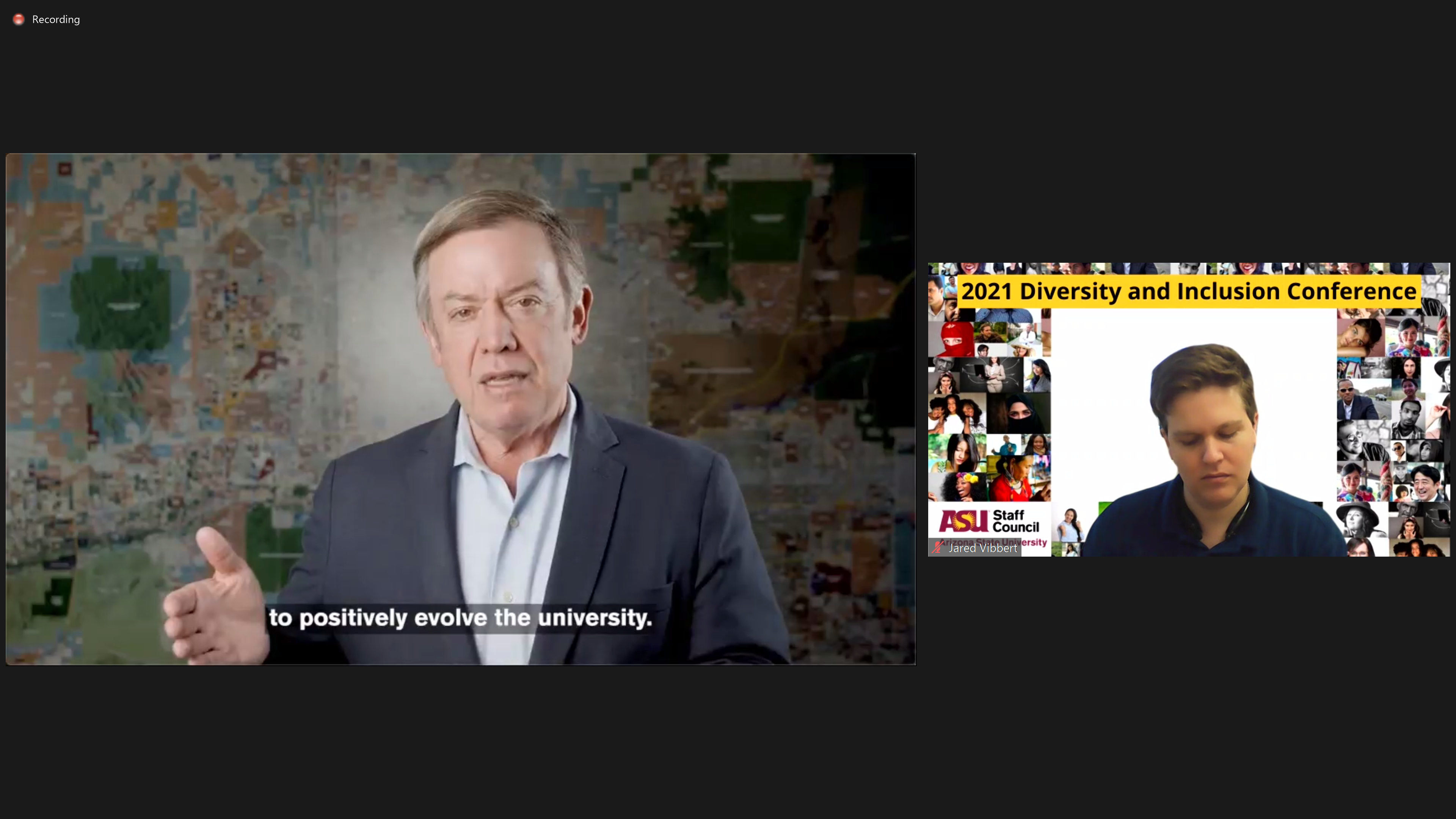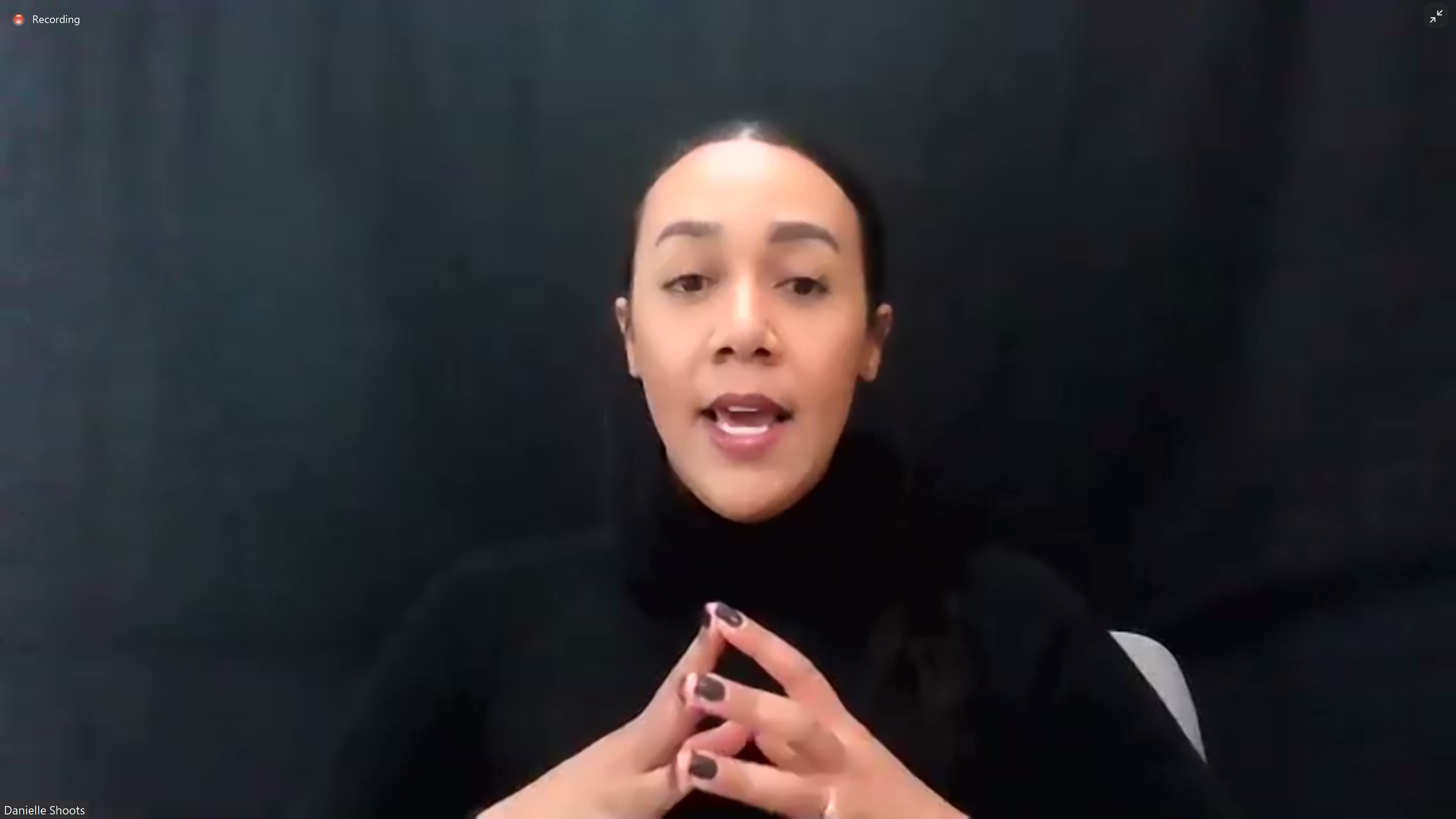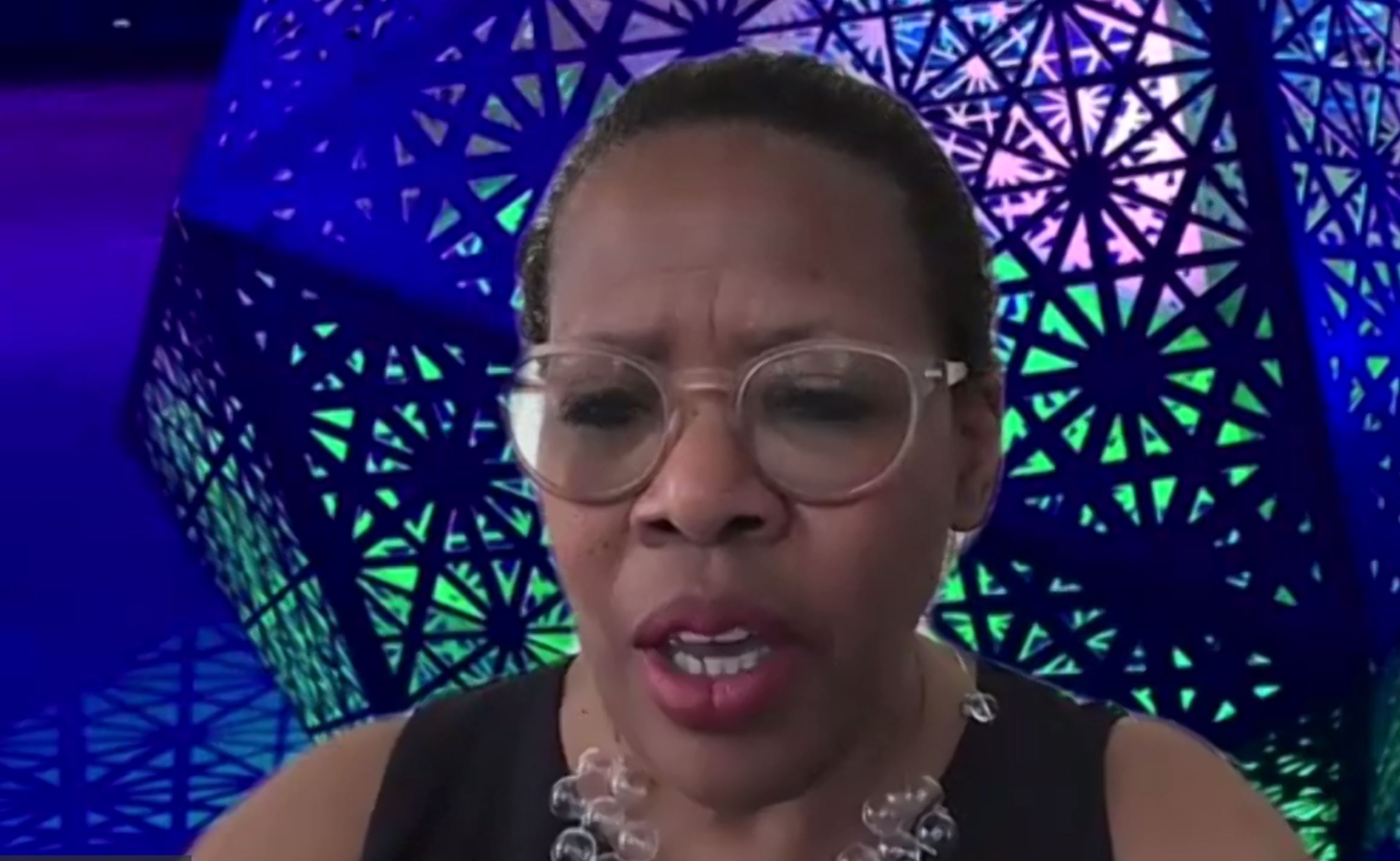ASU Staff Council sponsors 1st Diversity and Inclusion Conference

In fall 2020, after a renewed cry for social justice in America, Arizona State University President Michael Crow announced the university’s commitment to address social transformation by implementing 25 actions designed to support Black faculty, staff and students.
The LIFT Initiative, which aims to Listen, Invest, Facilitate and Teach, is a universitywide effort to support equity and inclusion and to advance the national conversation about social justice. Those efforts are being led by ASU’s new Advisory Council on African American Affairs, which is co-chaired by Colleen Jennings-Roggensack, vice president of ASU Cultural Affairs, and Jeffrey Wilson, a professor of economics in the W. P. Carey School of Business.
As part of those collective efforts to “accelerate meaningful change,” the ASU Staff Council sponsored its first Diversity and Inclusion Conference on April 8–9. The event, which was held virtually on Zoom, created a space for reflection, collaboration and action.
In a prerecorded message, Crow thanked participants and attendees for their efforts to make ASU a comprehensively diverse and inclusive institution that lives up to its charter — and emphasized the hard work that’s still ahead.

ASU President Michael Crow posed some of the difficult questions that ASU students, staff and faculty are facing regarding how best to achieve inclusion and diversity.
“It’s not just about the diversity of our student body or the inclusivity of our student body,” said Crow. “It’s about our workforce. It’s about our environment. It’s about our culture. It’s about how we’re thinking, how we’re moving forward.
“What you have to ask yourself is: How do we do better? How do we create an environment where everyone feels welcome and comfortable and culturally expressive, culturally creative? How do we make that all happen?”
The inaugural conference’s many voices helped shape some of those conversations. Valencia Clement, a doctoral student in the Mary Lou Fulton Teachers College who is studying educational policy, shared her perspective on social justice through an enlightening poem called “Parasites of the Planet.” The Haitian American artist, scholar, activist and entrepreneur from Queens, New York, said she wrote the poem after working with the city of Tempe and the ASU Office of Sustainability.
Clement explained, “It’s not just about justice for the planet, it’s also about justice for the people — especially for the people who are disproportionately impacted by climate change — like unsheltered populations, people in developing countries, etc.”
Although the LIFT Initiative was born from ideas and feedback from ASU’s students, faculty and staff, this conference leaned on perspectives from community partners and leaders who advocate for social justice on a daily basis.
The conference’s keynote speaker was Danielle Shoots, the founder and CEO of the Daily Boss Up, a digital startup focused on professional development, and vice president and CFO for the Colorado Trust, a private health equity foundation. She said she’s optimistic about the collective leadership taking place in our nation right now.

Danielle Shoots, founder and CEO of digital startup the Daily Boss Up and vice president and CFO for health equity foundation the Colorado Trust, offered the keynote address at the ASU Staff Council Diversity and Inclusion Conference.
“I think that people really are learning this work and engaging in this work in such a way that is profoundly exciting and gives me so much hope to be a part of it, and to watch where we’re moving as a country and as people in this space," she said. "All the things that we do and who we influence and who we interact with in our environments, in our cultures, require us to lead, especially this conversation.”
Leadership is a key component to inclusion, as expressed by Grace O’Sullivan, vice president of corporate engagement and strategic partnerships at ASU’s Knowledge Enterprise, and Minu Ipe, managing director and vice chair of the University Design Institute at ASU, whose presentation was titled “How Do We Create a Level Playing Field for Women?”
In order to create an inclusive university — to benefit all underrepresented groups and individuals — everyone must be a leader, no matter where they sit, explained O’Sullivan and Ipe. They shared the importance of developing an intentional “personal board of directors” — the advocates who can help make the work visible to others — and the importance of speaking up, especially within “spheres of influence.” They believe everyone is a part of the solution.
“There have been times in my career at ASU where I didn’t know I could speak up and change things,” said O’Sullivan. “I thought I just had to make it work — nose to the grindstone, take what was given to me and just make that work. Anything is possible, as long as you’ve thought about it, you have a good proposal, you have some data and experience to support it.”
Ipe points out that ASU has momentum right now, with the university’s recent shift at the top: the hiring of three women to lead the university’s three enterprises. But more must be done.
“This is an invitation to all of us to say, we are all in it together and what we do may not always be visibly moving the needle, but if enough of us are involved, there will be momentum that propels the institution forward, especially when it comes to leveling the playing field,” said Ipe.
The conference hit on key topics, like cultivating an equitable and inclusive educational and working environment, creating inclusive events, making mentorship opportunities available and designing inclusive online courses.
“What I think is really important about what President Crow is doing with the 25-point plan he put together is really helping to lift all of ASU, to look at our charter as our aspirational selves,” said Jennings-Roggensack. “We will be valued and measured by whom we include, not whom we exclude, and the success of those we include.”
Jennings-Roggensack provided a detailed update of the progress of the Advisory Council on African American Affairs, including plans for a multicultural center at all of ASU's campuses and the locations in Washington, D.C., and Los Angeles. By July, she says, the council should have the designs and timelines ready for review.

Colleen Jennings-Roggensack, vice president of ASU Cultural Affairs and co-chair of ASU’s new Advisory Council on African American Affairs, gave an update on the plan to create multicultural centers on every ASU campus.
To understand where ASU stands, and where the university needs to go, the council put together a report on the history of African Americans at the university. The council has also been conducting “stay interviews,” asking those who are part of the ASU community what’s working and what’s not, especially those in staff positions. ASU is also reimagining campus security, exploring what policing means at the university and what other resources are needed to keep the community safe.
The goal of the two-day conference was to raise awareness about social issues and to help attendees apply practical steps to shift culture and to create more inclusive institutions by giving everyone a voice, especially those who are underrepresented in various facets of society.
Top photo by ASU News. Conference screen grabs by Jimena Garrison/ASU News